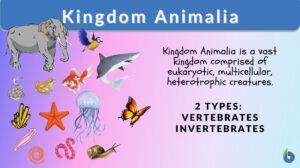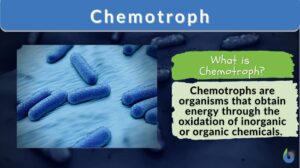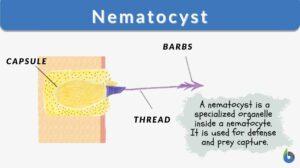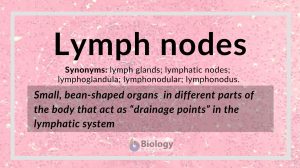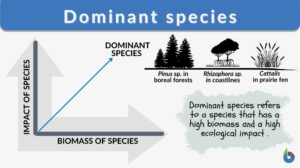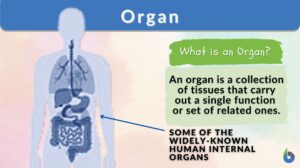Search Results for: filter
Filtration
Filtration Definition What is filtration? Filtration is separating a solid from a fluid through a porous material that... Read More
Kingdom Animalia
Kingdom Animalia Definition Each person can say that they know of or can name at least one animal. However, do people know... Read More
Diatomaceous earth
Definition noun A type of silica-rich dirt which is soft, fine-grained, porous, light-coloured, and composed of the... Read More
Glycosuria
Definition noun, plural: glycosuria The presence of atypically high sugar level in urine Supplement Glycosuria is a... Read More
Glomerulus
A small intertwined group of capillaries in the malpighian body; glomeruli filter blood during urine formation.A closely... Read More
Lymph glands
Lymph gland --> lymph node (Science: anatomy) small bean-shaped organ made up of a loose meshwork of reticular tissue in... Read More
Chemotroph
Chemotroph Definition A chemotroph refers to an organism that obtains energy mainly from carbon dioxide and from... Read More
Ultrafiltration
Definition noun (1) A high pressure filtration through a semipermeable membrane in which colloidal particles are retained... Read More
Glycocalyx
What is the Glycocalyx? The glycocalyx is a polysaccharide-based gel-like, highly hydrous cellular thin layer, covering... Read More
Nematocyst
All organisms are composed of millions of cells. Many cells serve specific purposes and are specialized to do distinct... Read More
European lancelet
Definition noun, plural: European lancelets A lancelet species of the genus Branchiostoma and is commonly used as a model... Read More
Kidneys and Regulation of Water and Inorganic Ions
Renal Functions Kidneys remove/add substances from/to the plasma. Regulate water concentration, inorganic ion... Read More
Optical density
Definition noun (1) The measure of transmittance of an optical medium for a given wavelength. The higher the OD the lower... Read More
Mytilus edulis
Mytilus edulis (Science: marine biology) The edible mussel, a marine bivalve mollusc. They have ciliated gills that are used... Read More
Unusual Plants
By Regina Bailey Plants are amazing organisms. They are able to create their own food through photosynthesis, and provide... Read More
Peritoneum
What is the Peritoneum? The term peritoneum refers to the serous membrane that constitutes the biologically active inner... Read More
Lymph nodes
Lymph nodes definition Lymph nodes are small, bean-shaped organs located in different parts of the body and act as... Read More
Integumentary system
Integumentary System Definition The integumentary system is the outermost layer of the body. The animal body, in... Read More
Electromagnetic radiation
Definition noun The radiation that consists of associated, interacting electric and magnetic field waves traveling at the... Read More
Dominant species
Dominance is the state of being supreme or dominant. Community dominance refers to the form of dominance where certain... Read More
Dinoflagellate
A dinoflagellate is a flagellate algae characterized by their two flagella of unequal length. One of the flagella is lying... Read More
Physical characteristics of Sharks
Physical Characteristics of Sharks Sharks (superorder Selachimorpha) are a type of fish with a full cartilaginous... Read More
Actions of Caffeine in the Brain with Special Reference to Factors That Contribute to Its Widespread Use
IV. Actions of Caffeine on Brain Functions and Behavior Having discussed the molecular and neuronal actions of caffeine,... Read More


